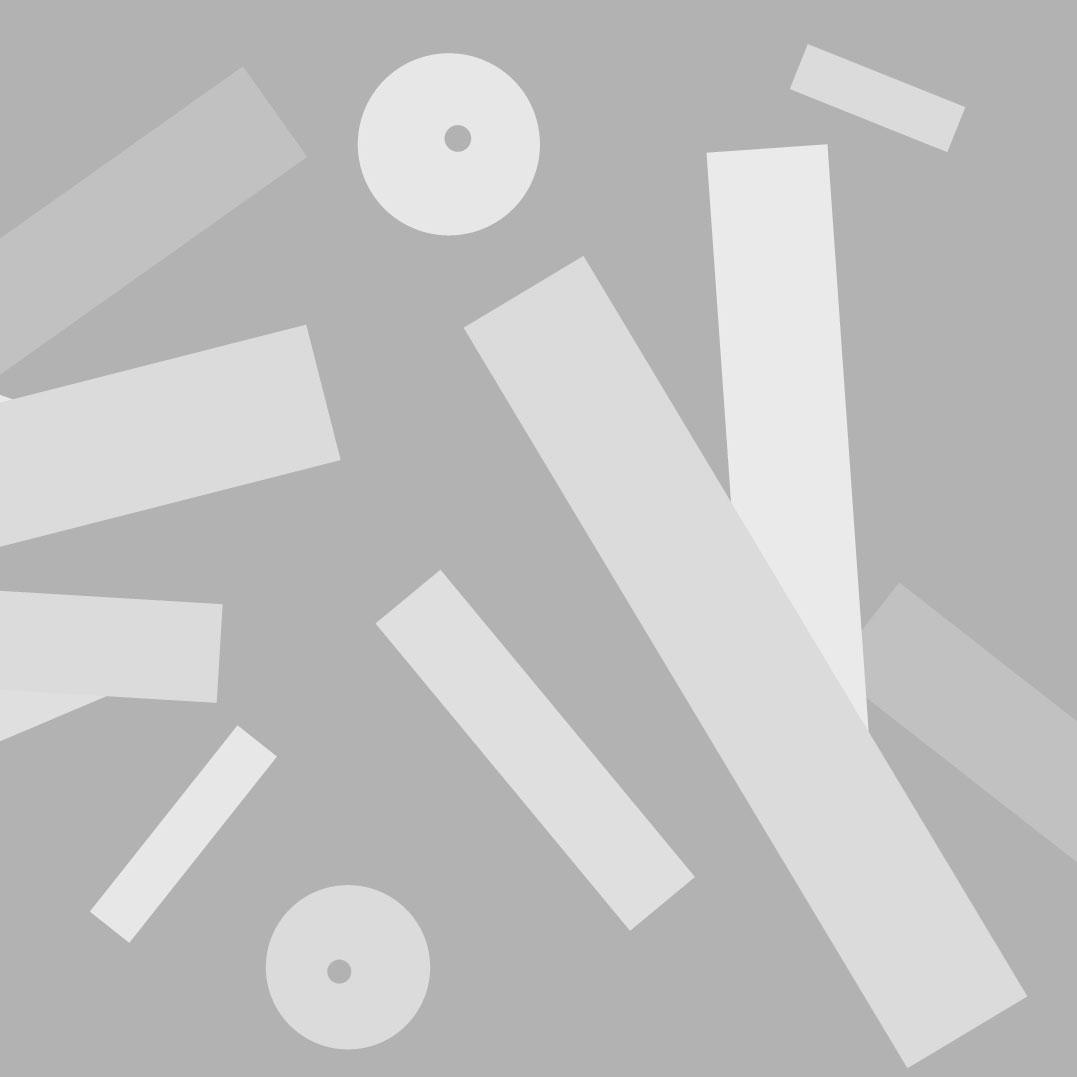Teatro Zandonai
Wo meine Sonne scheint / Dove brilla il mio sole
Mechthild Grossmann presents in Rovereto, in an absolute ‘premiere’, the new Italian version of a “solo” show (directed by Helmut Schäfer) created in Germany, in Cologne, in 1984: “Wo meine Sonne scheint”, already presented in a French version (“alors, mon soleil brille”) and in an English version (“Where my sun shines for me”). Trained at the Actor’s School in Hamburg, where she studied from ’66 to ’69, Mechthild Grossmann worked at the Theater in Bremen (1969-1973), at the Staatheater in Stuttgart (1973-1975) and at the Schauspielhaus in Bochum (1977-1979). She has worked with some of the greatest directors working in Germany: Klaus-Michael Grüber, Kurt Hübner, Jiri Menzel, Alfred Kirchner, Roberto Ciulli, Helmut Schäfer, Wilfried Minks, Karl Paryla. She also played a part in “Berlin Alexanderplatz” by Rainer Werner Fassbinder. In 1976 she was hired by Pina Bausch for “The Seven Deadly Sins”. In the following years she worked mainly in Pina Bausch’s Tanztheater Wuppertal, the only actress in the company, which is made up exclusively of dancers. Renato Palazzi wrote about the show in the “Corriere della Sera”: “This Grossmann is truly a singular theatrical presence, gifted with incredible mimetic virtues, capable of passing in an instant from a kind of childish playfulness to a sharp and unpleasant hardness, from a tender and disarmed fragility to a sneering irony, full of venom. Judged, in a recent referendum, the best actress of the current German theater, she has a mobile and unfathomable face, now sweet and smiling, now deformed in cruel grimaces, and a deep and aggressive voice, like a blues singer, which can take on masculine intonations. The experience with Bausch is felt, but as if internalized, congealed in some hint of repetitiveness in the gestures, in a certain way of cutting the stage space, in the ruthless, bad use that she makes of her body to describe moods and feelings. The script that she sewed on herself in collaboration with the director Helmut Schäfer is perhaps not a great thing, but it becomes shocking at times for her very personal interpretation. It tells the story of a woman who confesses her anguish and her disappointments through small, insignificant gestures, songs, changes of dress, ferocious invectives about various types of lovers, parodic transformations, in an empty stage furnished only with a piano and a few pieces of furniture hidden under white sheets, which she gradually uncovers. To tell the story of her relationship with male images that are progressively tinged with the tones of an everyday nightmare, she continually resorts to Antigone, to Antigone’s dialogues with a Creon evoked as a modern-day politician, present through the chalk drawings that the actress traces on a wall. Then, little by little, between caricature and exorcism, she takes on the male role, wears men’s clothes, gives a politician’s speech, mimes the gestures of a bodybuilder, of a fascist from an American film. But this ferocious destruction of the male is also self-destruction: in the end, as in Antigone, no one is left alive. Only desperation remains”.
